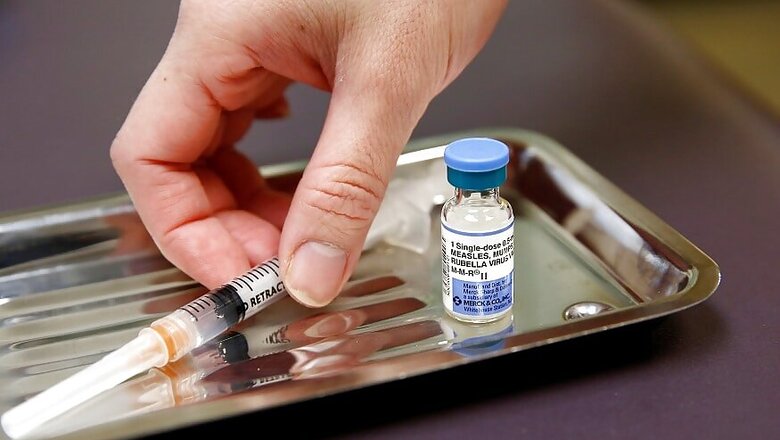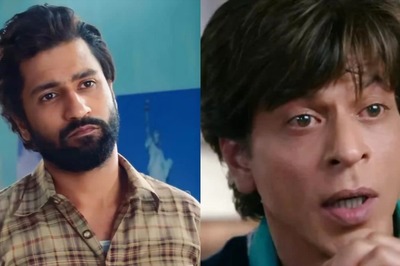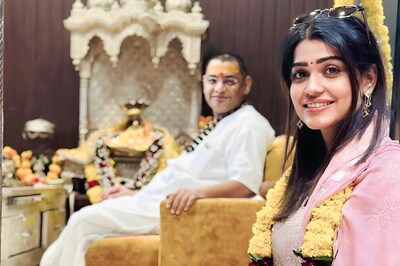
views
New Delhi: While the Ayushman Bharat Yojana is aimed at covering 40% of the country's population, between the 40th percentile and 95th percentile, there remained a "large missing middle" who remain vulnerable, said Alok Kumar, Adviser (Health & Nutrition) at the NITI Aayog, while releasing a report which sought to "diagnose" the problems of India's healthcare and provide "a bouquet of solutions"
The report, released by NITI Aayog Vice Chairman Rajiv Kumar and Bill Gates along with representatives of the academia and Bill and Melinda Gates Foundation, is a roadmap that seeks to move away from a scheme-centric approach towards healthcare to one that focuses on sector.
It aims at breaking down silos in the health space and allowing for greater convergence among ministries and between the Centre and state governments. Gates said, “The new strategy which represents an increased level of ambition, aligning with the importance of improving India's human capital... And there's no doubt. India's future is very bright because it's got lots of young people, and it is willing to make these investments."
Kumar made the case for the report and pointed out that the Ayushman Bharat Yojana still left a "large missing middle". "Between 40 (percentile) and 95% is a large missing middle...We have products on offer, but they are 10 times as costly as PMJAY (Pradhan Mantri Jan Arogya Yojana) has been able to achieve. So for the same level of coverage, an individual is spending 10-times more premium, and this needs to change."
Another key problem, he said is the issue of aggregating the many, disparate "small providers (of health) into meaningful entities that could ensure quality, and you could monitor them well".
"And lastly, we are talking about how you use the power to anchor all these activities because that would be the key in terms of running these systems efficiently. So we need to think about it before the health sector becomes the next big growth sector, which is a very employment-intensive sector," he said.
The report said that while healthcare had improved over the last few decades, challenges remained. "At a system level, overcoming the challenges of fragmentation, across healthcare financing and service delivery, will help us optimise both quality and access. India now needs to build on its many opportunities to achieve further progress on the health of its citizens and respond to the growing aspirations and needs of a new India,” said Dr Rajiv Kumar.
The report identified five focus areas of future health system — deliver the unfinished public health agenda, change the way of health financing and spend on large insurers, integrate service delivery vertically and horizontally, empower citizens to become better buyers of health and harness the power of digital health.
Speaking about the work done by the Bill and Melinda Gates Foundation, he said they had done most of the work in the country as he cited the example of the movement against polio.
"There was a time when it looked like India might be the last place in the world that would have cases of polio. The difficulty of getting everyone to go with the flood and the high level of coverage you need with the polio vaccine seem very daunting, but you...the (Indian) government stepped up, did a great job and now we're down to just two countries with polio and hopefully in the next few years will be down to zero," Kumar said.
While maintaining that India was in a position to act as an "example for other countries", "not just in the digital", but the private sector and the government working together, Gates said, "You know, there's a lot can be done at the federal level, at the state level, and there are some Indian states that are out innovating and showing the way that can create the overall model. The dream is the dream that's expressed as part of the sustainable development goals. India is contributing to the world’s movement to say that all lives have equal value and everybody in the entire planet deserves universal health care.”




















Comments
0 comment